The fight for women’s rights in America has been a long and multifaceted journey, marked by significant milestones that have shaped the course of history. These pivotal moments have advanced gender equality, challenged societal norms, and empowered women across the nation. Each milestone represents a crucial step forward in the ongoing struggle for women’s rights and serves as a testament to the resilience and determination of activists throughout history.
1. Seneca Falls Convention (1848)
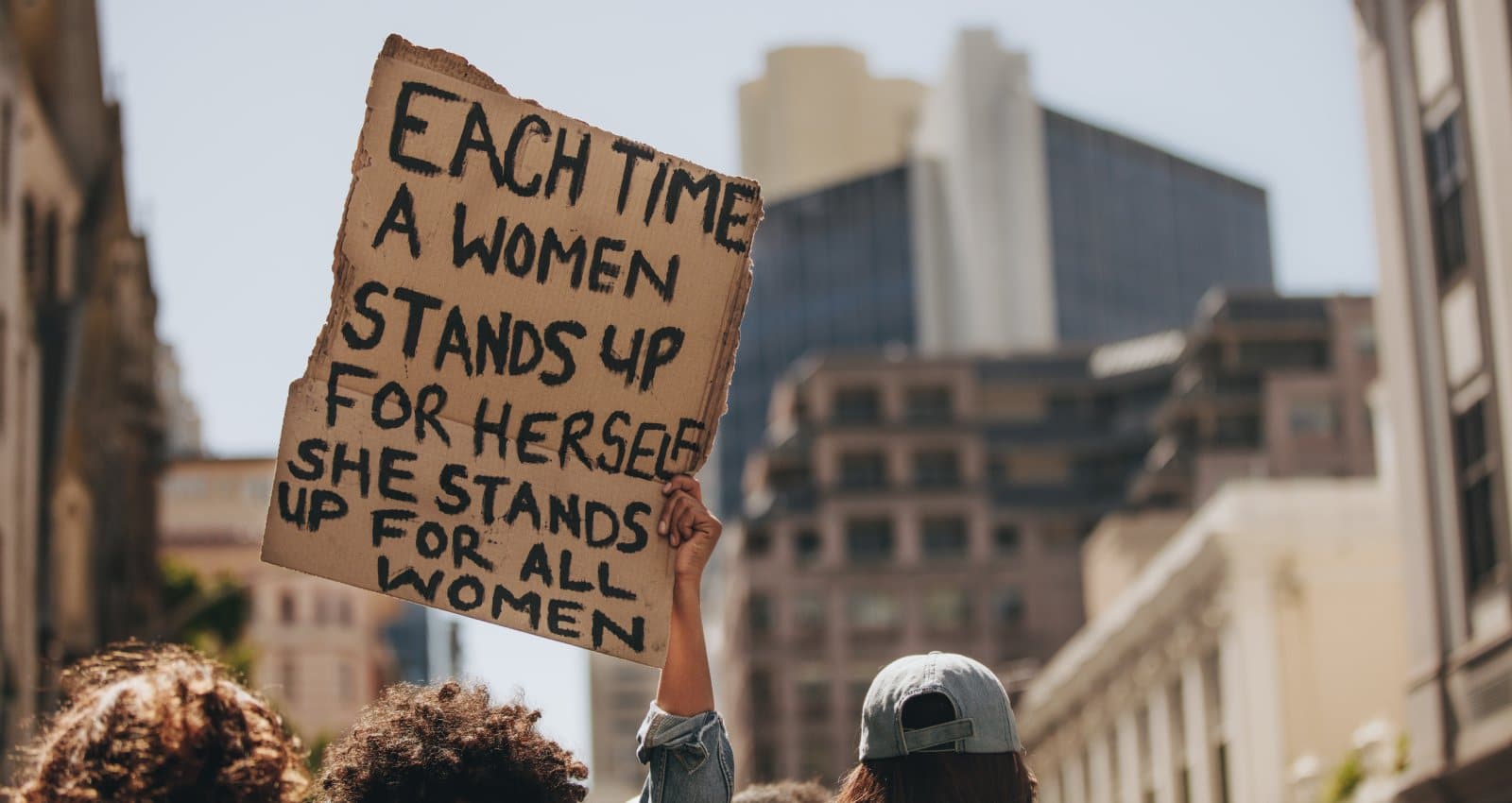
The Seneca Falls Convention marked the beginning of the organized women’s rights movement in the United States. Led by activists such as Elizabeth Cady Stanton and Lucretia Mott, it demanded women’s suffrage and challenged the prevailing social norms of the time.
2. Ratification of the 19th Amendment (1920)
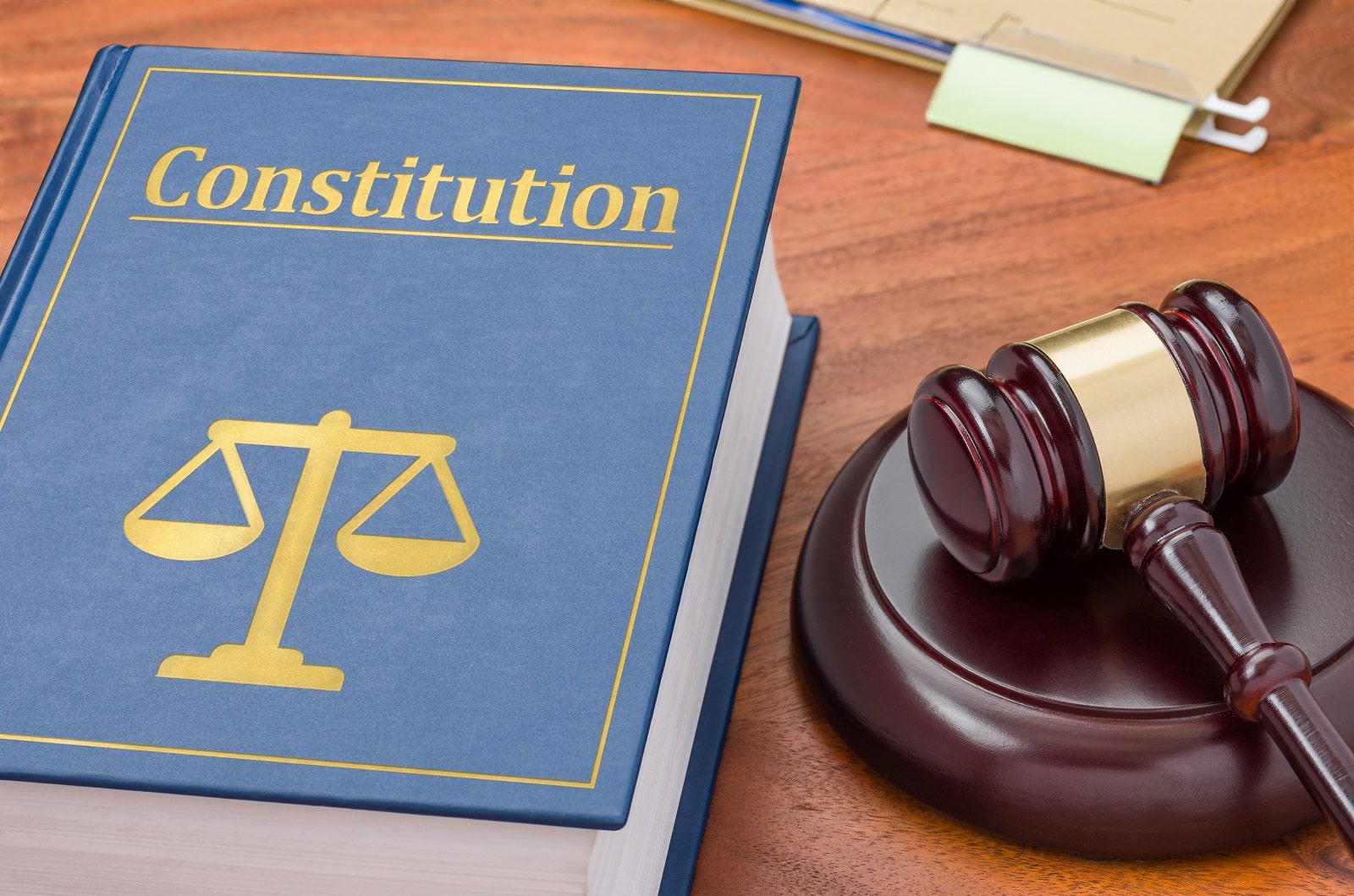
After decades of struggle, the 19th Amendment to the U.S. Constitution was ratified, granting women the right to vote nationwide. This milestone marked a significant victory for the women’s suffrage movement and paved the way for greater political participation and advocacy.
3. Establishment of the National Organization for Women (NOW) (1966)

Founded by feminist activists including Betty Friedan and Shirley Chisholm, NOW aimed to address gender discrimination and advance women’s rights through legislative and legal avenues. It became a prominent force in advocating for issues such as reproductive rights and workplace equality.
4. Roe v. Wade Supreme Court Decision (1973)
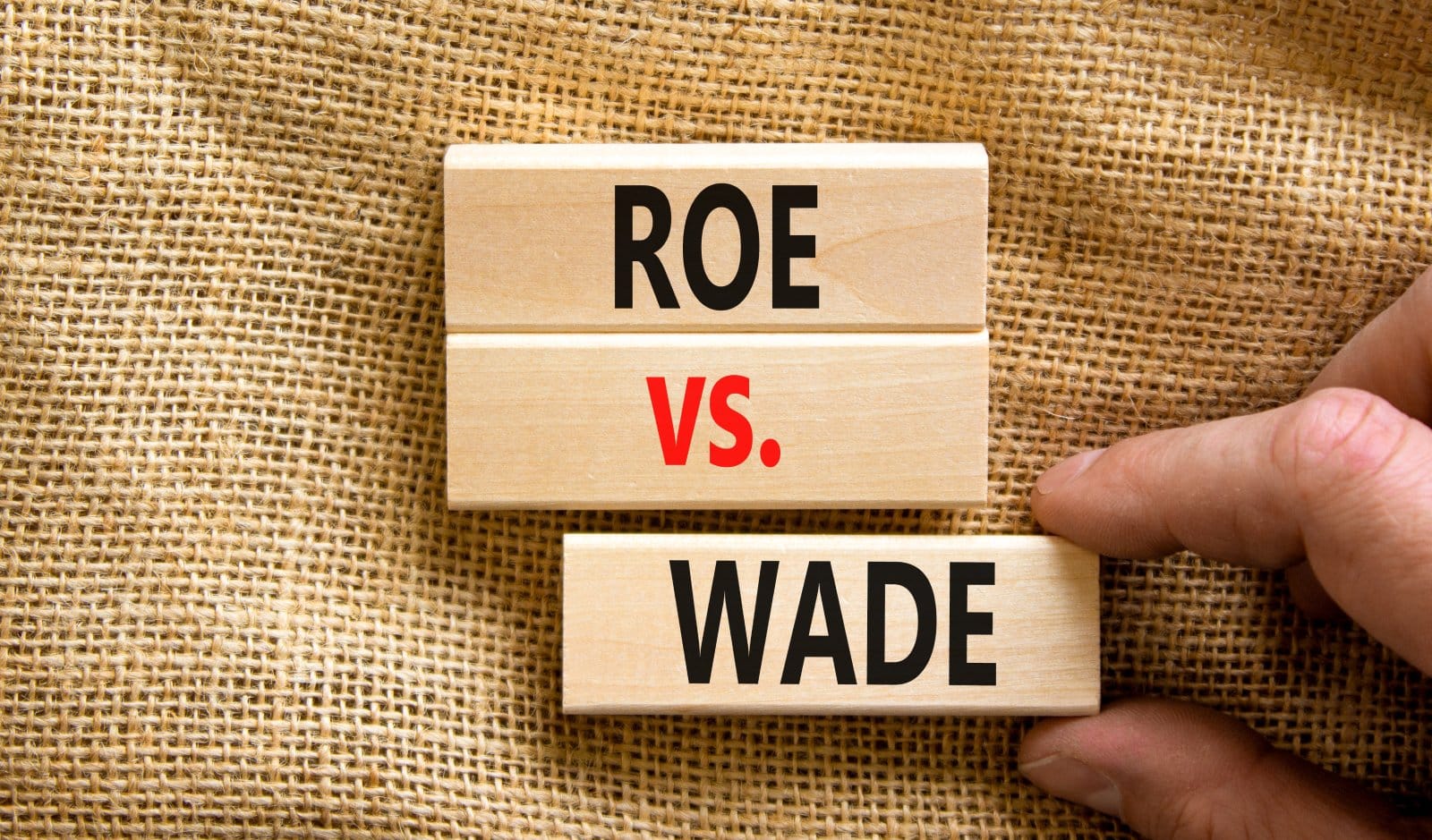
The landmark Roe v. Wade case legalized abortion nationwide, affirming a woman’s right to choose. This decision remains one of the most significant victories for reproductive rights and has been central to ongoing debates over women’s bodily autonomy.
5. Title IX of the Education Amendments (1972)
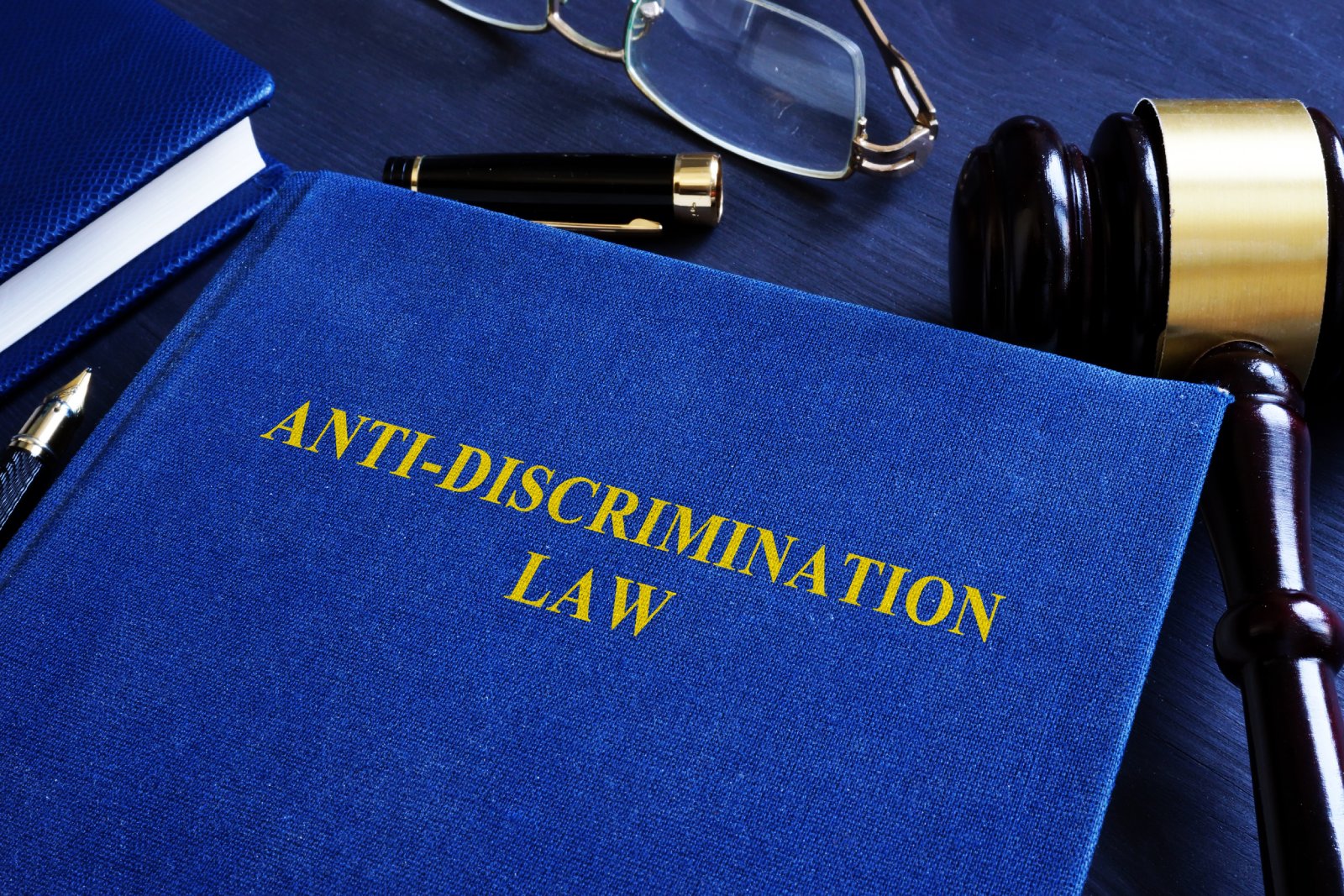
Title IX prohibits sex discrimination in education programs and activities receiving federal financial assistance. It has led to increased opportunities for women and girls in sports, academics, and other areas of education, promoting gender equality in institutions across the country.
6. Equal Pay Act (1963) and Lilly Ledbetter Fair Pay Act (2009)
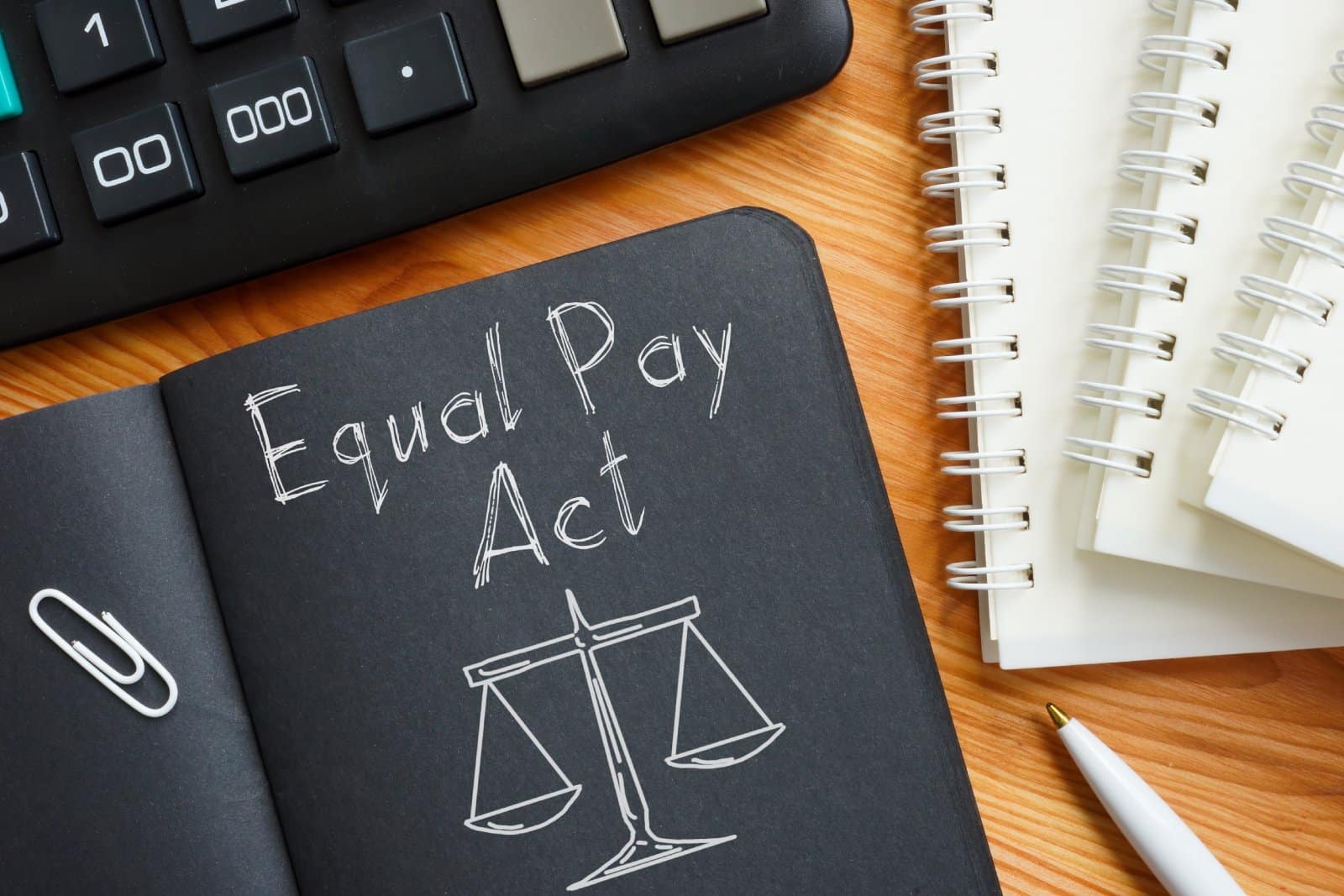
The Equal Pay Act aimed to eliminate wage disparities based on gender, though challenges persisted. The Lilly Ledbetter Fair Pay Act extended the statute of limitations for filing pay discrimination claims, addressing barriers to pursuing equal pay in the workplace.
7. Women’s March on Washington (2017)

Following the inauguration of President Donald Trump, millions of people participated in the Women’s March to protest against his administration’s policies and rhetoric perceived as hostile to women’s rights. It became one of the largest single-day protests in U.S. history, symbolizing widespread resistance and solidarity.
8. #MeToo Movement (2017-present)
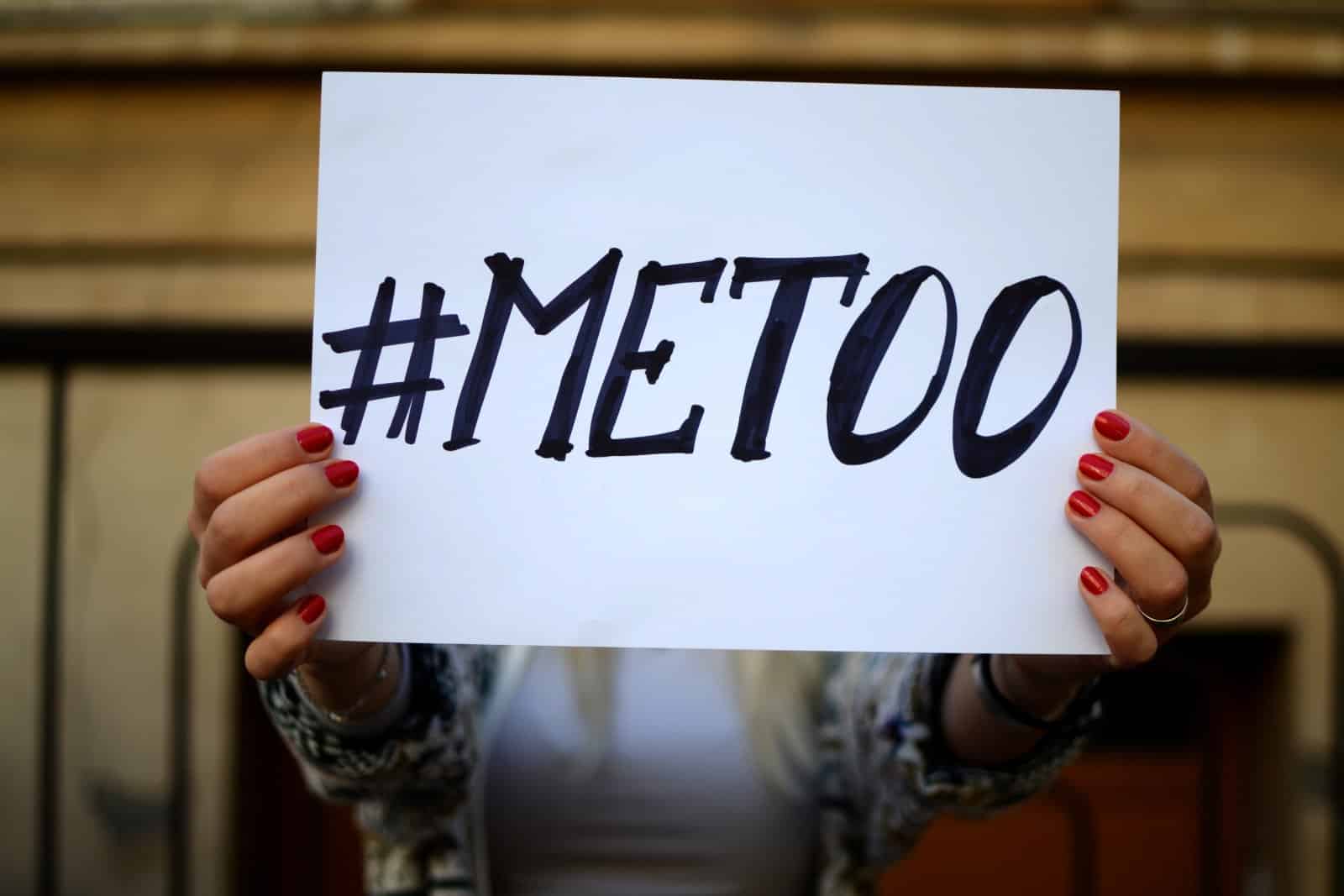
The #MeToo movement emerged as a social media campaign to raise awareness about the prevalence of sexual harassment and assault. It sparked a global reckoning with powerful individuals and institutions, igniting conversations about consent, accountability, and systemic misogyny.
9. Appointment of the First Female Vice President (2021)
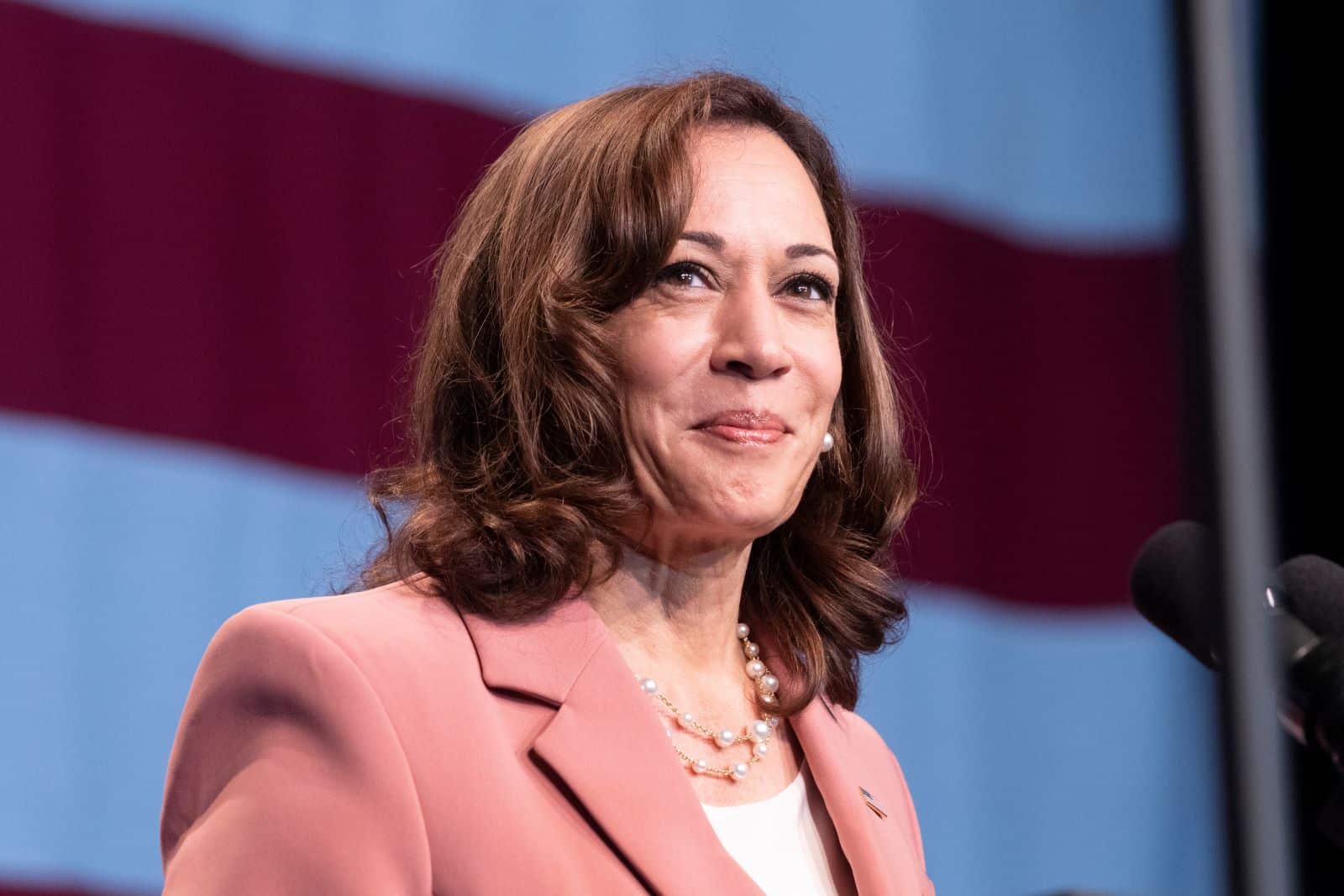
Kamala Harris made history as the first woman, as well as the first Black and South Asian woman, to hold the office of Vice President of the United States. Her election shattered barriers and inspired future generations of women to pursue leadership roles in politics and beyond.
10. State-level Legislation on Reproductive Rights (ongoing)
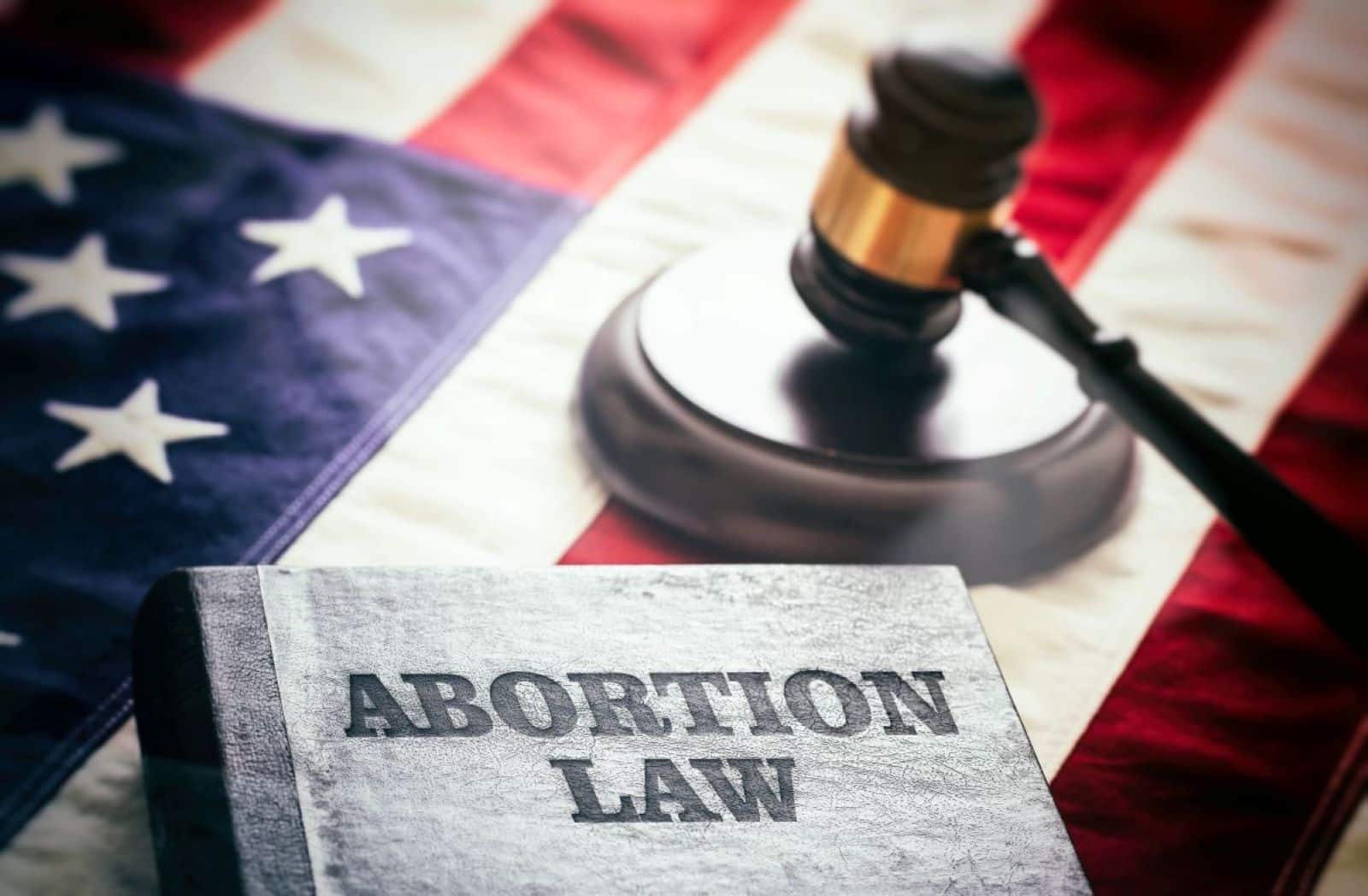
In response to federal challenges and shifts in the political landscape, numerous states have passed legislation to either restrict or protect reproductive rights. These ongoing battles reflect the enduring struggle for women’s autonomy and access to comprehensive healthcare.
The post 10 Pivotal Moments in the Fight for Women’s Rights in America first appeared on Pulse of Pride.
Featured Image Credit: Shutterstock / Jacob Lund.
For transparency, this content was partly developed with AI assistance and carefully curated by an experienced editor to be informative and ensure accuracy.

